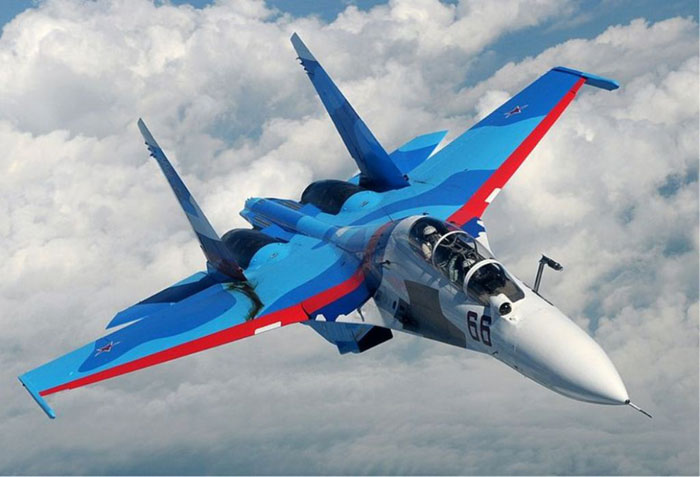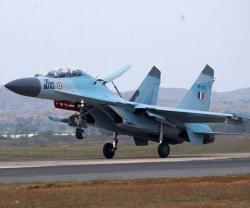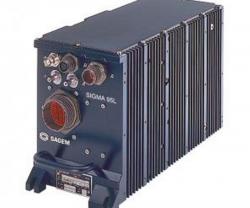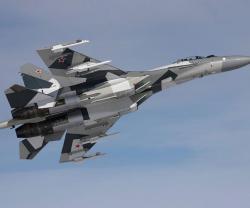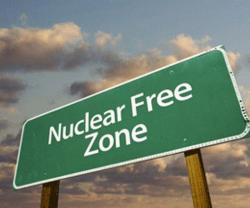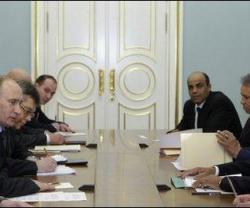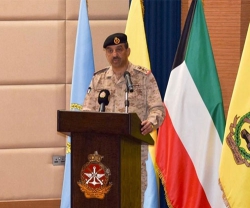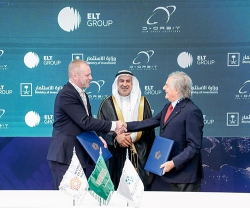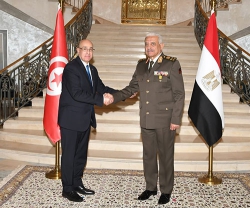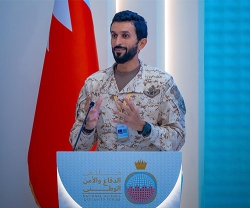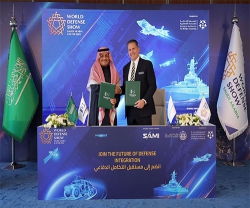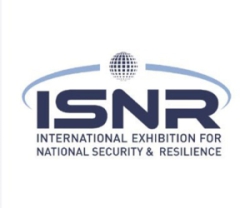Head of Russian Foreign Ministry’s Administration for Security and Disarmament Mikhail Oliyanov said Moscow can sell Sukhoi-30 fighter jets and T-90 tanks to Iran as there are no international obstacles.
“The UN Security Council's Resolution 2231 has not banned sale of these military equipment to Iran,” the Interfax news agency quoted Oliyanov as saying on Tuesday.
“We are of the opinion that the possible sale of Sukhoi-30 fighter jets and T-90 tanks of Russia to Iran have not been prohibited in Resolution 2231 and this resolution has permitted Iran to purchase such military hardware,” he added.
The Sukhoi Su-30 is a twin-engine, two-seat super maneuverable fighter aircraft developed by Russia's Sukhoi Aviation Corporation. It is a multirole fighter for all-weather, air-to-air and air-to-surface deep interdiction missions.
The T-90 is a Russian third-generation Main Battle Tank (MBT) that is essentially a modernization of the T-72B, incorporating many features of the T-80U (it was originally to be called the T-72BU, later renamed to T-90).
However, the United States would use its veto power in the UN Security Council to block any sale of Su-30 fighter aircraft to Iran, said Thomas Shannon, the US Under-Secretary of State for Political Affairs.
“We would block the approval of fighter aircraft,” he told a US Senate Foreign Relations Committee hearing, noting that any such sale would have to be approved by the Security Council.
Shannon also said Russia is complying with its commitments not to transfer ballistic missile equipment to Iran.
“We’ve got a commitment ... from the Russians in terms of working to prohibit the transfer of technologies to Iran's ballistic missile program,” Shannon said, adding: “... They are complying with their commitment not to transfer these kinds of technology or to facilitate the transfer.”
The Obama administration is also open to renewing the Iran Sanctions Act, which expires at the end of 2016, if it does not interfere with the international nuclear agreement with Tehran, Shannon said.
“We would be happy to engage with this committee and the Congress on a renewed Iran Sanctions Act, assuming that it does not complicate or prevent us from meeting JCPOA (Iran nuclear deal) commitments,” he said.
Earlier, an Interfax news agency quoted a senior Russian diplomat as saying on Tuesday that Russia will begin the first shipment of its S-300 air defense missile systems to Iran in the coming days.
“I don’t know if this will happen today, but they (S-300 missiles) will be loaded (for shipment to Iran),” the agency quoted Zamir Kabulov, a Department Chief at the Foreign Ministry, as saying.
Russia cancelled a contract to deliver the advanced anti-missile rocket system to Iran in 2010 under pressure from the West following UN sanctions imposed on Iran over its nuclear program.
Tehran agreed the deal on curbing its nuclear work in July last year and international sanctions were lifted in January. But tensions with Washington have remained high as Tehran continues to develop its military capabilities.

